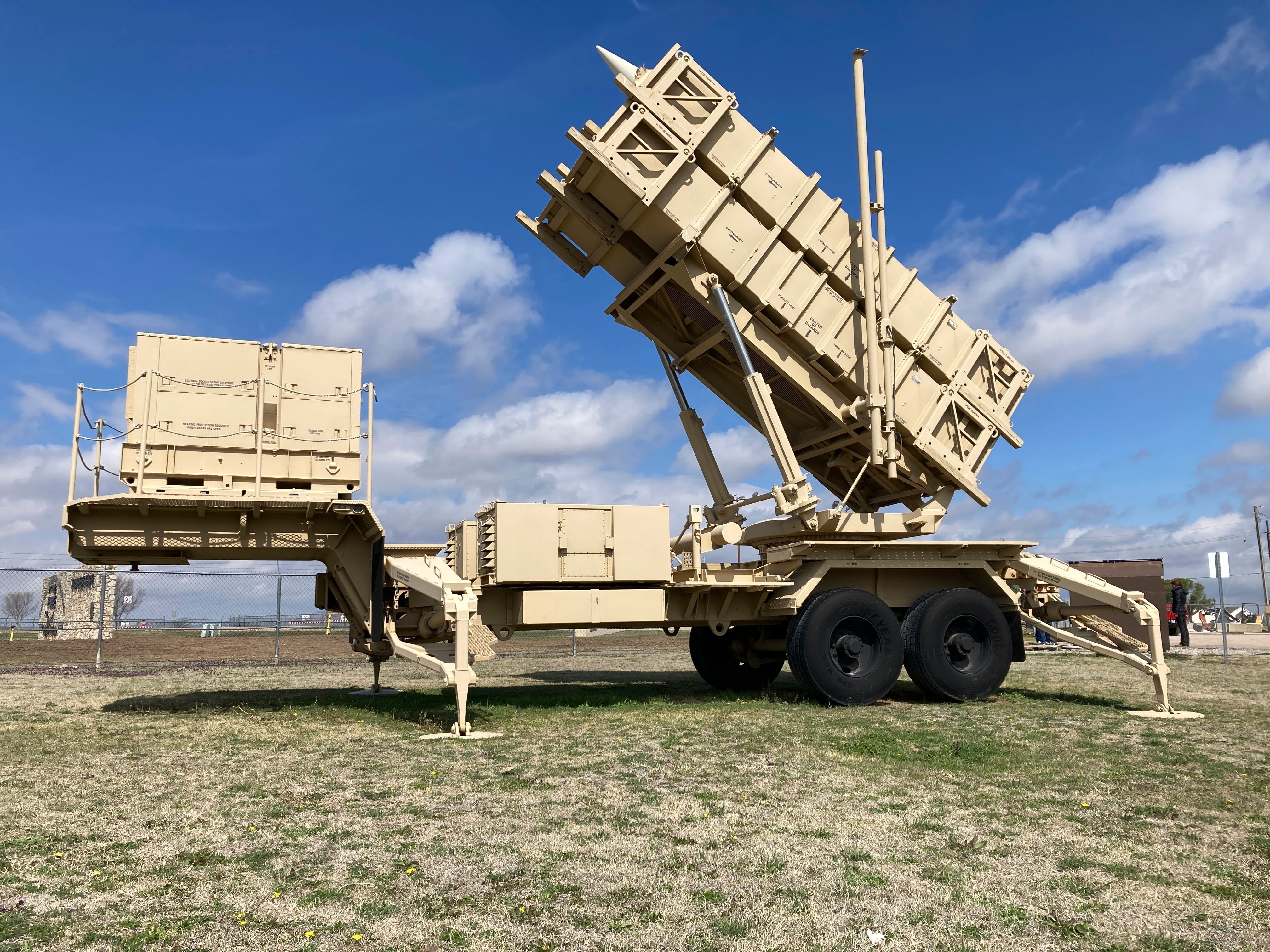The U.S. will send Ukraine about $500 million in ammunition and equipment and spend more than $2 billion to buy an array of munitions, radar and other weapons for that country in the future, the White House announced Tuesday, as Ukrainian troops prepare for a spring offensive against Russian forces.
Much of the ammunition will be taken from military stockpiles so they can be in the war zone quickly, including “U.S.-provided HIMARS, air defense interceptors, and artillery rounds that Ukraine is using to defend itself,” Secretary of State Antony Blinken said in a statement. HIMARS are multiple rocket launchers.
The package, like many of the previous ones, is pushing forward more 155mm artillery rounds as Ukraine burns through that stock fighting back against Russia’s ground invasion.
The immediate assistance includes anti-armor systems, small arms, heavy equipment transport vehicles, and maintenance support, the Pentagon said in a statement.
“We very much appreciate everything that the United States has done specifically in the last month to help our army prepare itself for the counteroffensive,” said Ukrainian Foreign Minister Dmytro Kuleba, speaking at NATO headquarters in Brussels before a meeting with U.S. Secretary of State Antony Blinken. “The Biden administration has upheld its commitment to provide Ukraine with a lot of what we need and set an example to other allies.”
The $2.1 billion in longer-term aid, which is being provided under the Ukraine Security Assistance Initiative, will buy missiles for the National Advanced Surface-to-Air Missile System, or NASAMS, as well as radar, additional satellite terminals and counter-drone rocket systems and gun trucks.
The new weapons and money come as Russia has continued to bombard Ukraine with long-range missiles and the hotly contested battle for the eastern city of Bakhmut drags on. Ukrainian President Volodymyr Zelenskyy told The Associated Press in an exclusive interview that unless his country wins that fight, Russia could begin building international support for a deal that could require Ukraine to make unacceptable compromises.
Zelenskyy said if Moscow’s forces take Bakhmut, Russian President Vladimir Putin would “sell this victory to the West, to his society, to China, to Iran.”
The latest U.S. package, with its mix of short-term and long-term aid, involves a wide variety of ammunition from Pentagon stocks, 23 million rounds of small arms ammunition and 200,000 grenades, as well as money for more high-tech weapons, such as counter drone rocket systems, air surveillance radar and satellite communications terminals and services.
It brings the total amount of U.S. security assistance to Ukraine to more than $35.1 billion since Russia invaded in February 2022. Defense leaders testifying on Capitol Hill last week said the U.S. is prepared to support Ukraine for as long as needed.
RELATED

NATO Secretary-General Jens Stoltenberg has echoed that sentiment, saying the alliance’s foreign ministers meeting in Brussels were discussing how to step up support for Ukraine’s armed forces. “Our support is for the long haul,” he said before the meeting Tuesday.
The White House said last week that it has new evidence that Russia is looking again to North Korea for weapons as it also prepares for a spring offensive. Russia would provide Pyongyang with needed food and other commodities in return.
U.S. officials also are concerned that the president of Belarus has warned that Russian strategic nuclear weapons might be deployed in his country, along with part of Moscow’s tactical nuclear arsenal.
Putin has said he planned to place tactical nuclear weapons in neighboring Belarus. Those weapons are comparatively short-range and low-yield. Strategic nuclear weapons, such as missile-borne warheads, would be a greater threat.
Belarusian President Alexander Lukashenko, while talking up the possibility of nuclear weapons, has also called for a cease-fire in Ukraine. He said a truce must have no preconditions and all movement of troops and weapons must be halted.
Russia, however, has rejected a cease in fighting, claiming that Ukraine has refused to enter talks under pressure from its Western allies.
Lee reported from Brussels. Associated Press writer Tara Copp contributed to this story from Washington.








